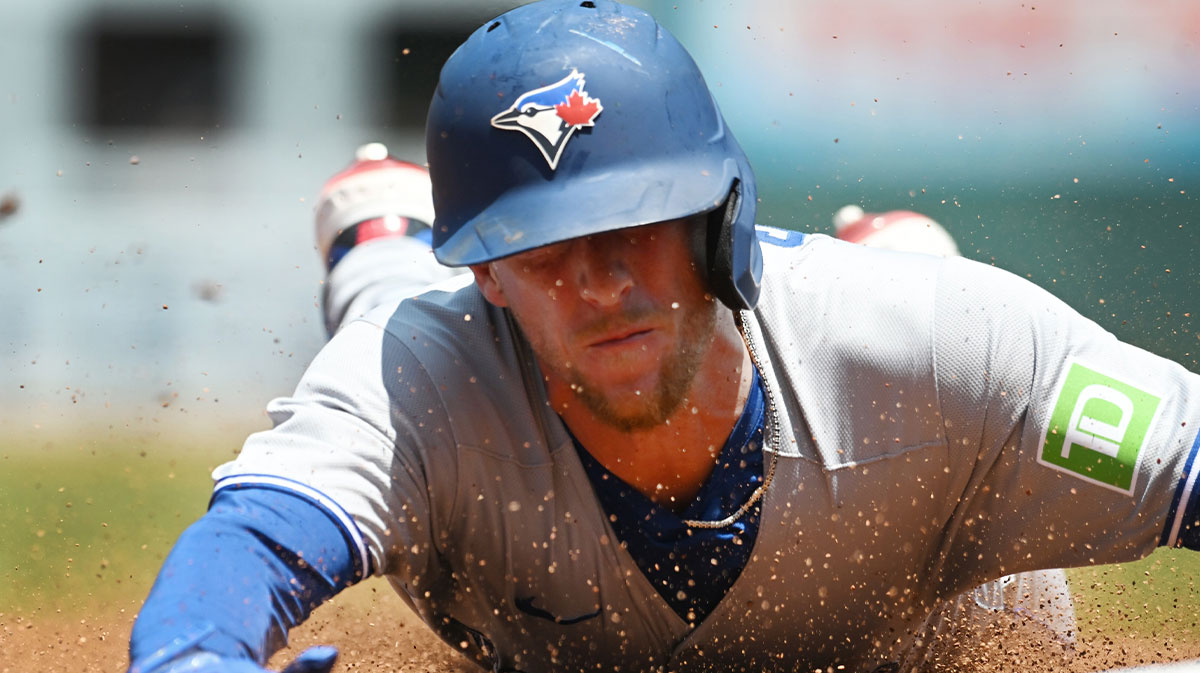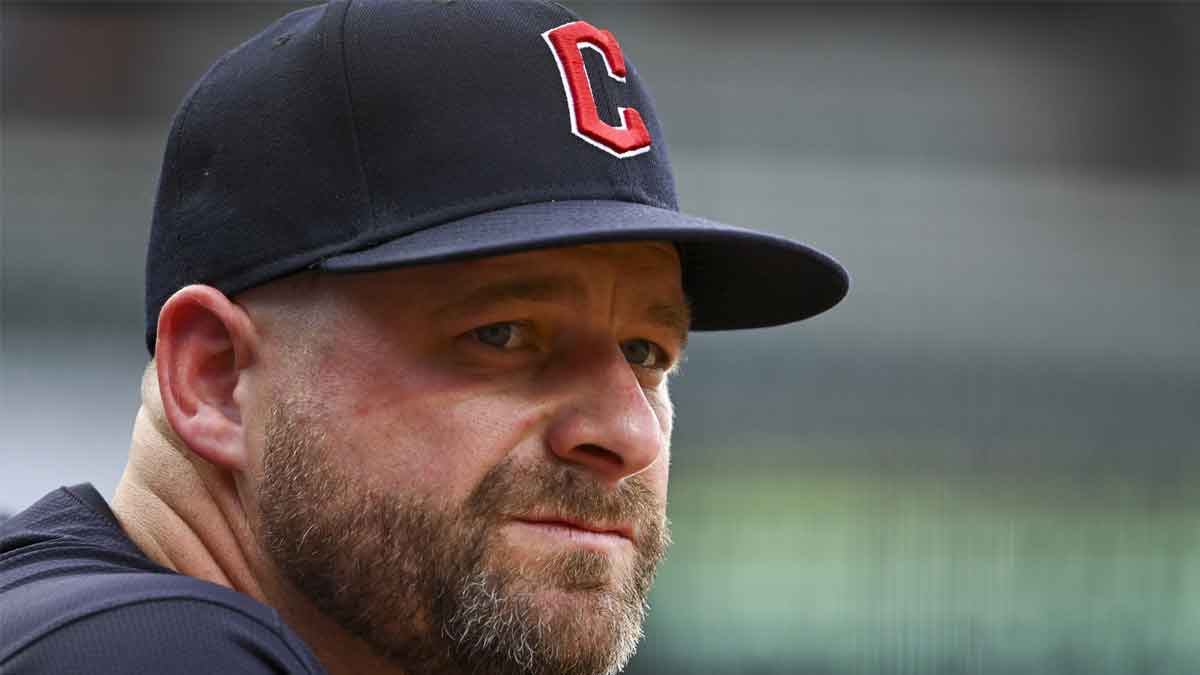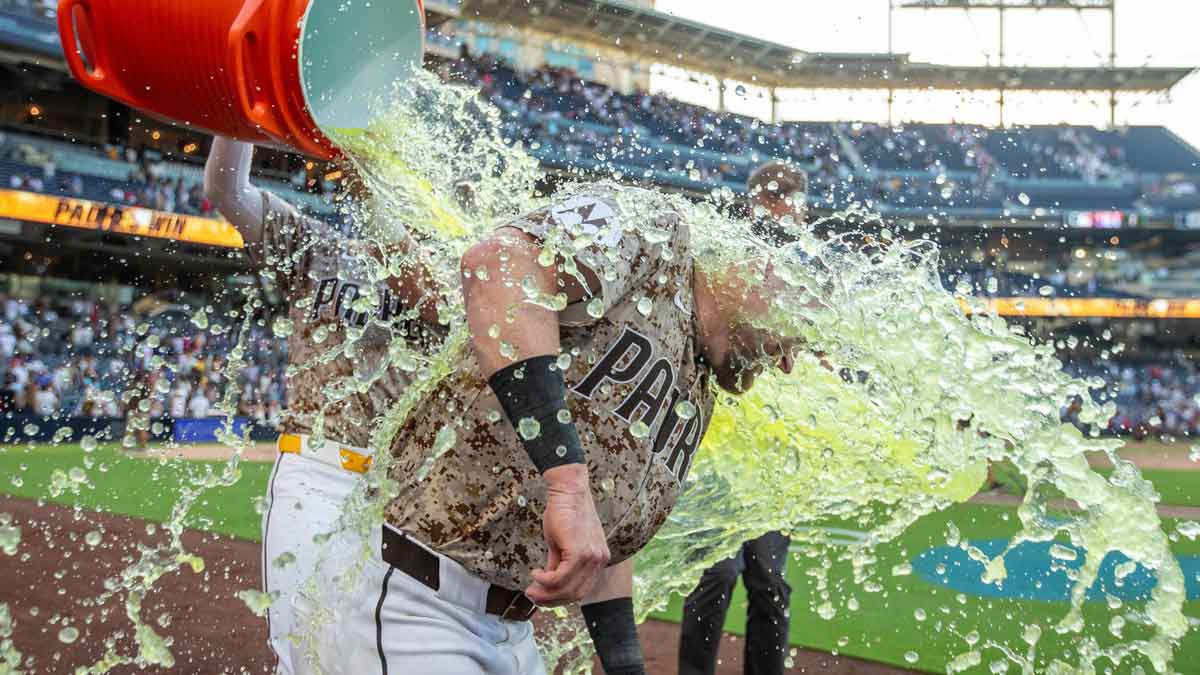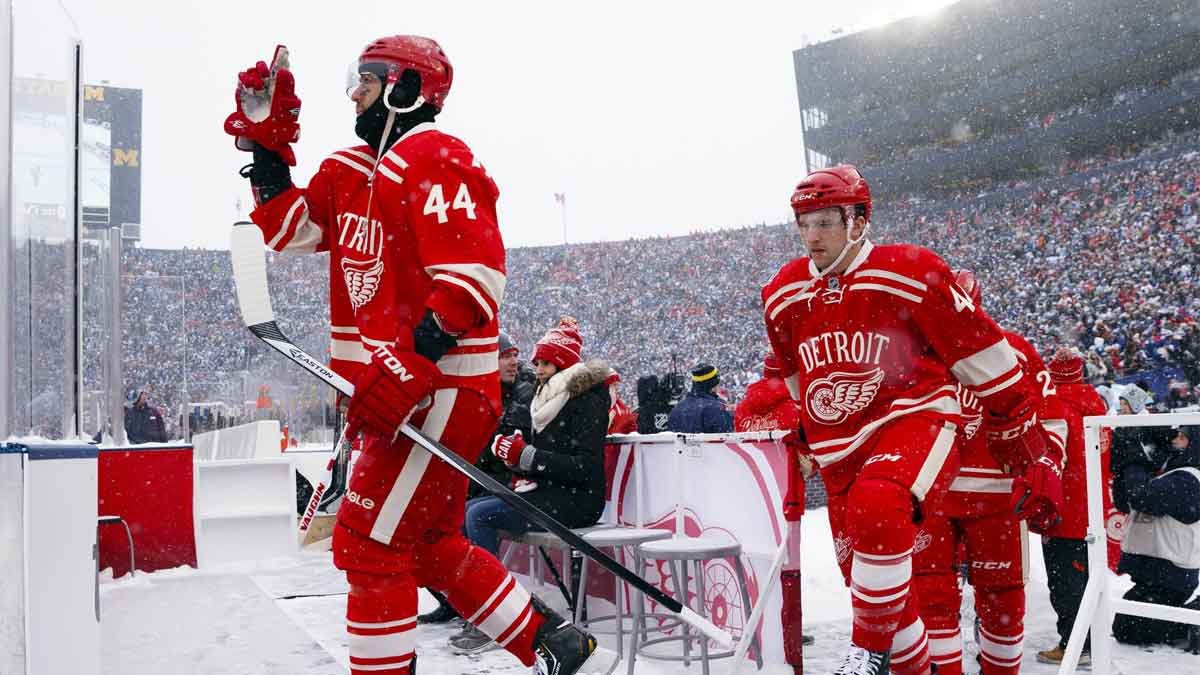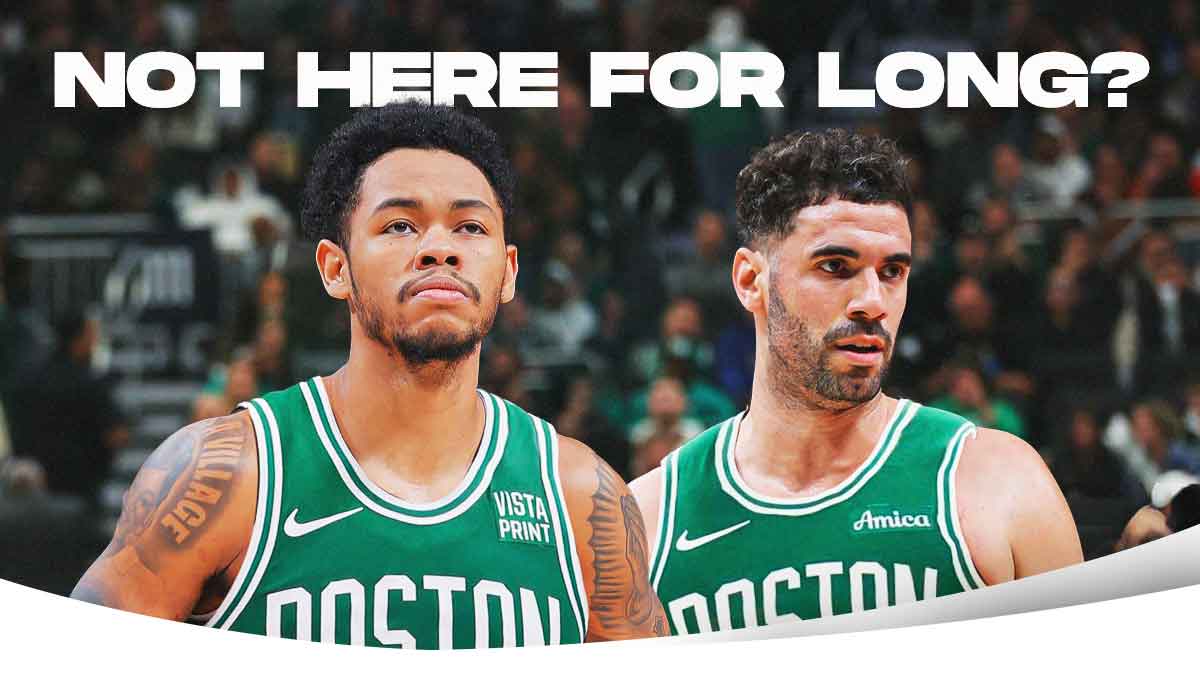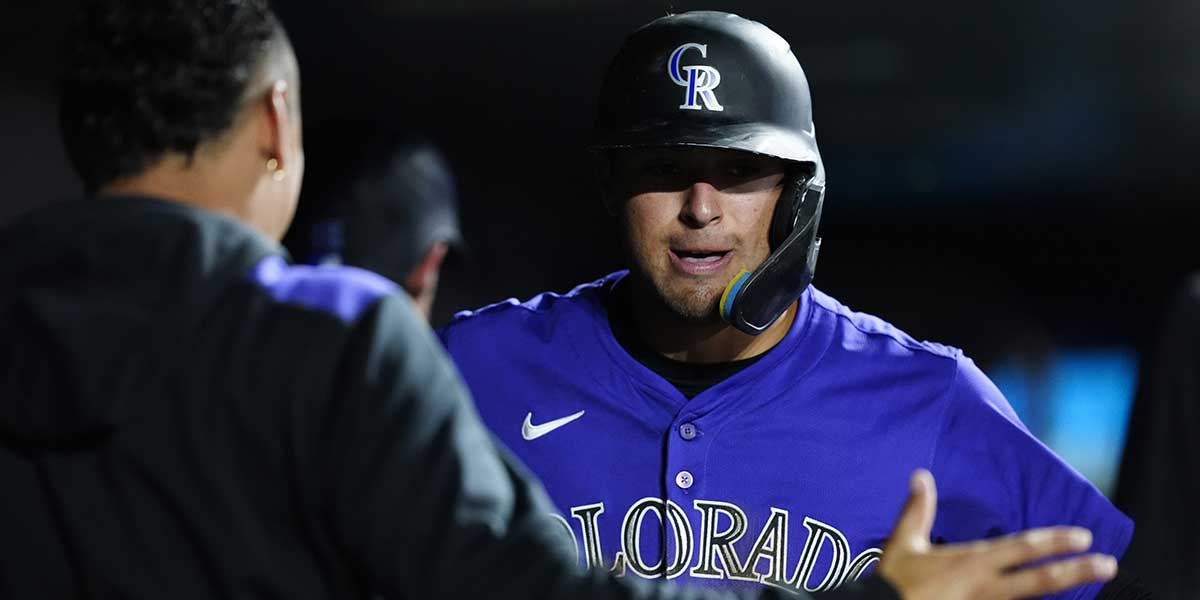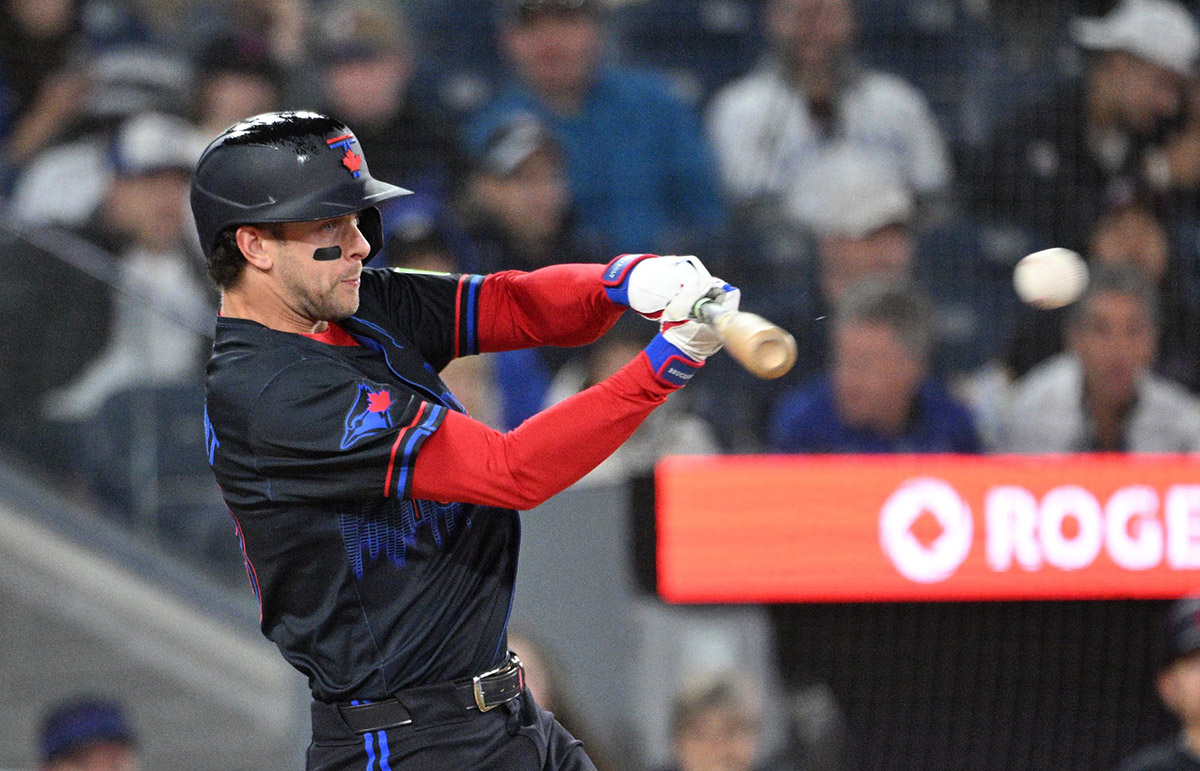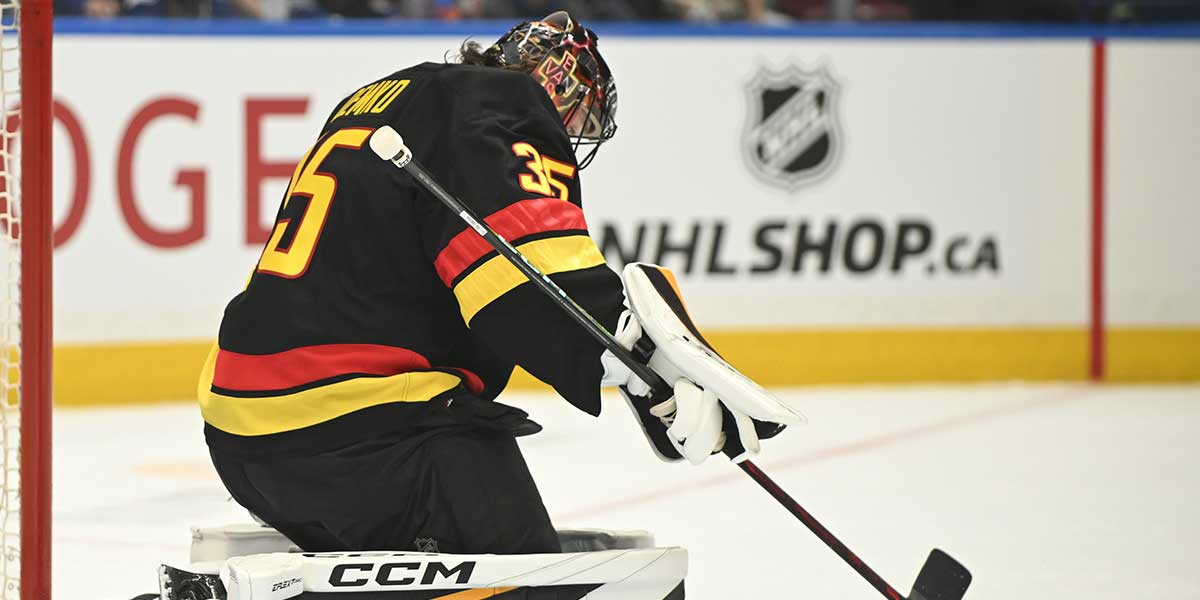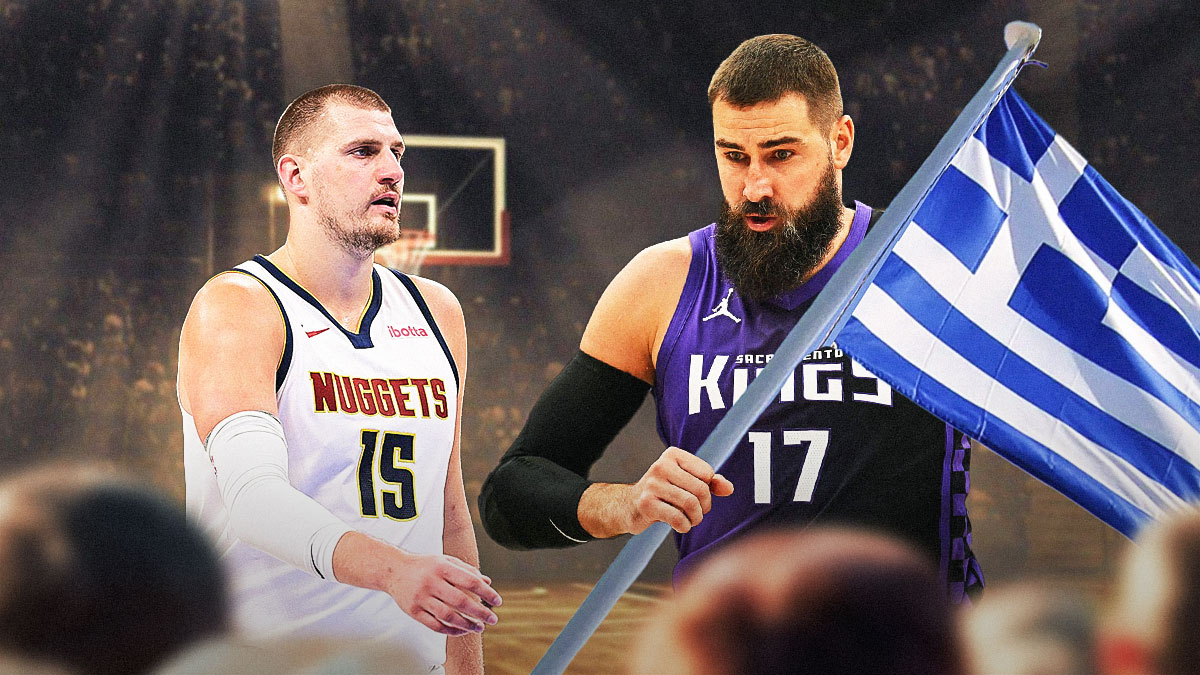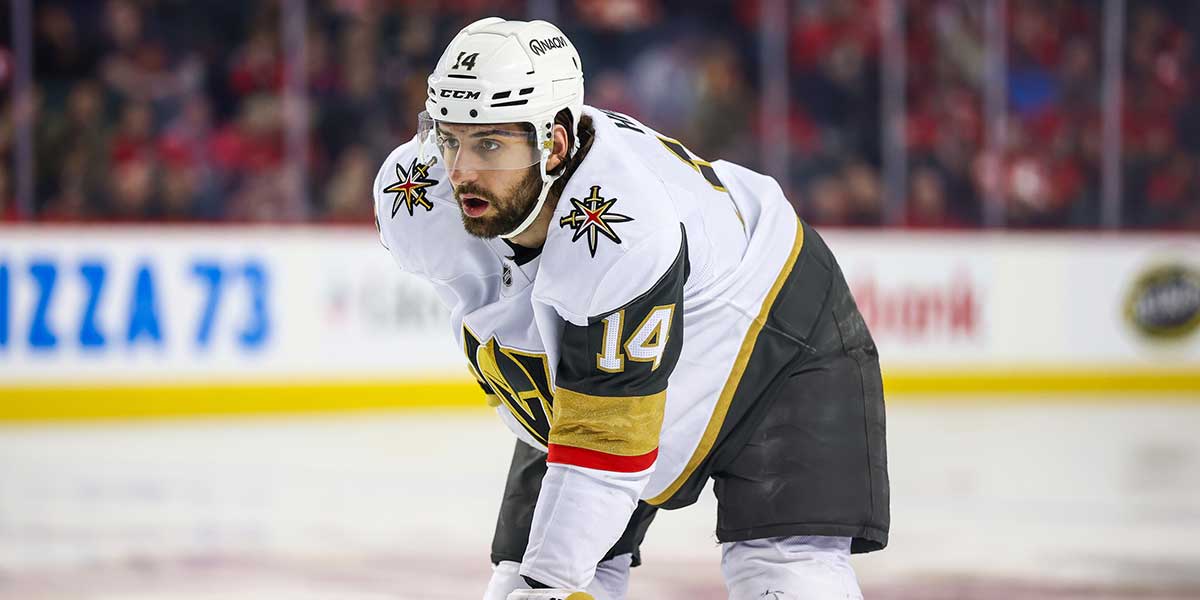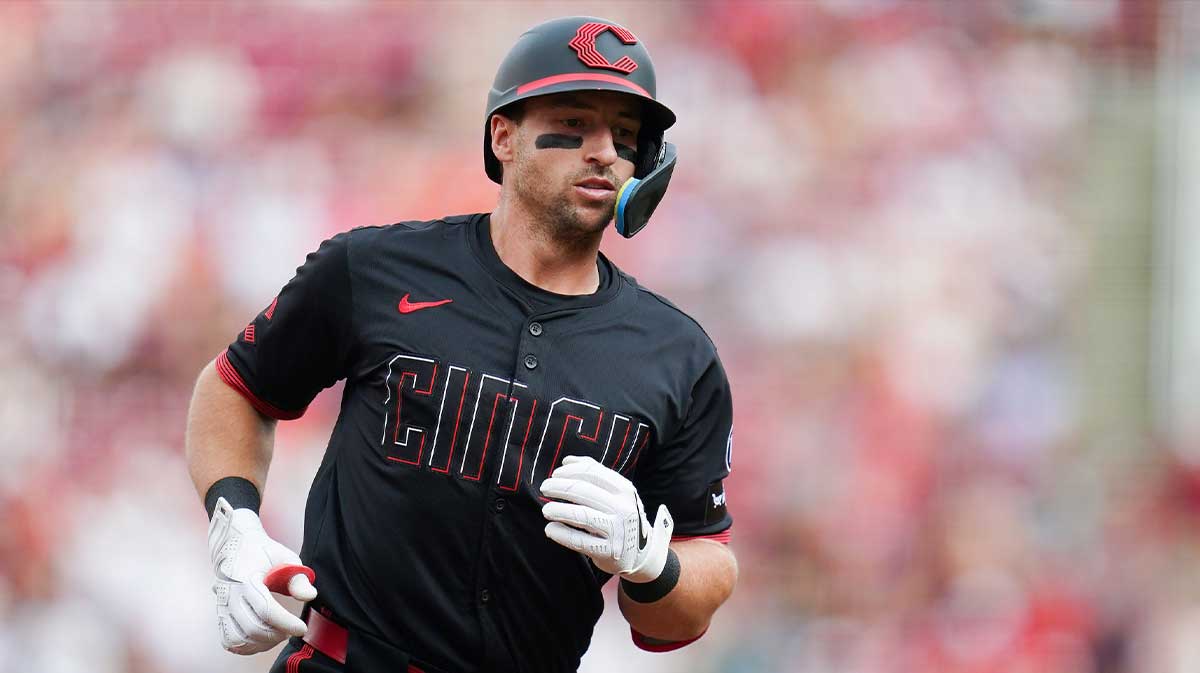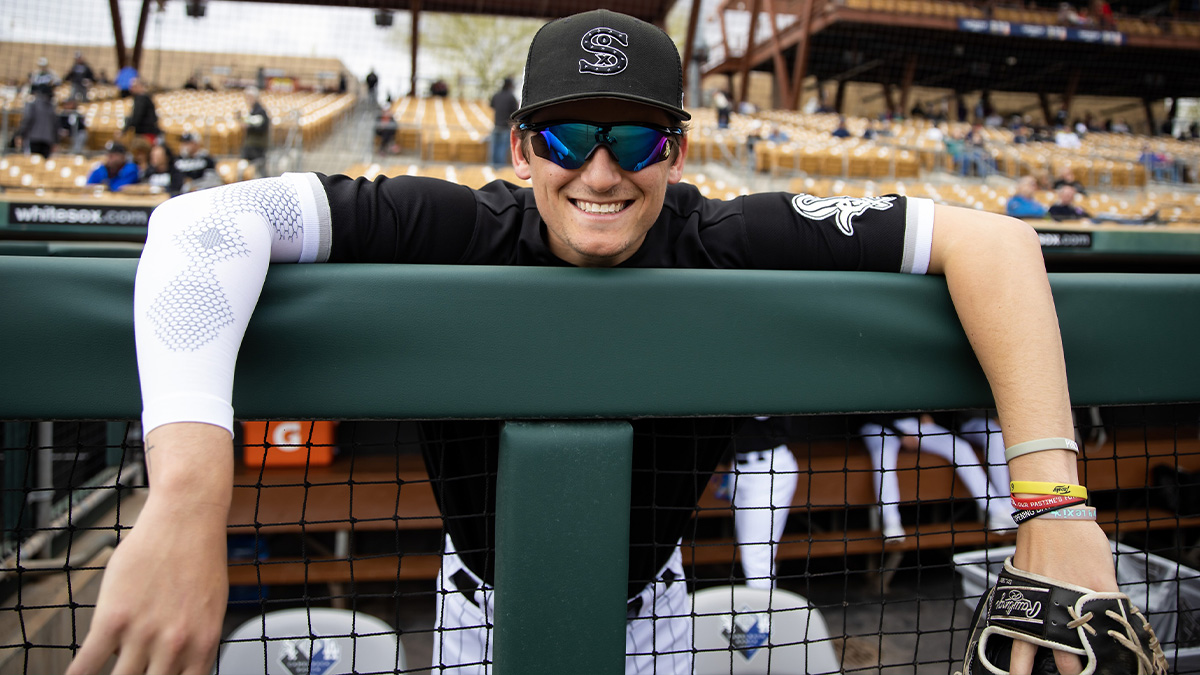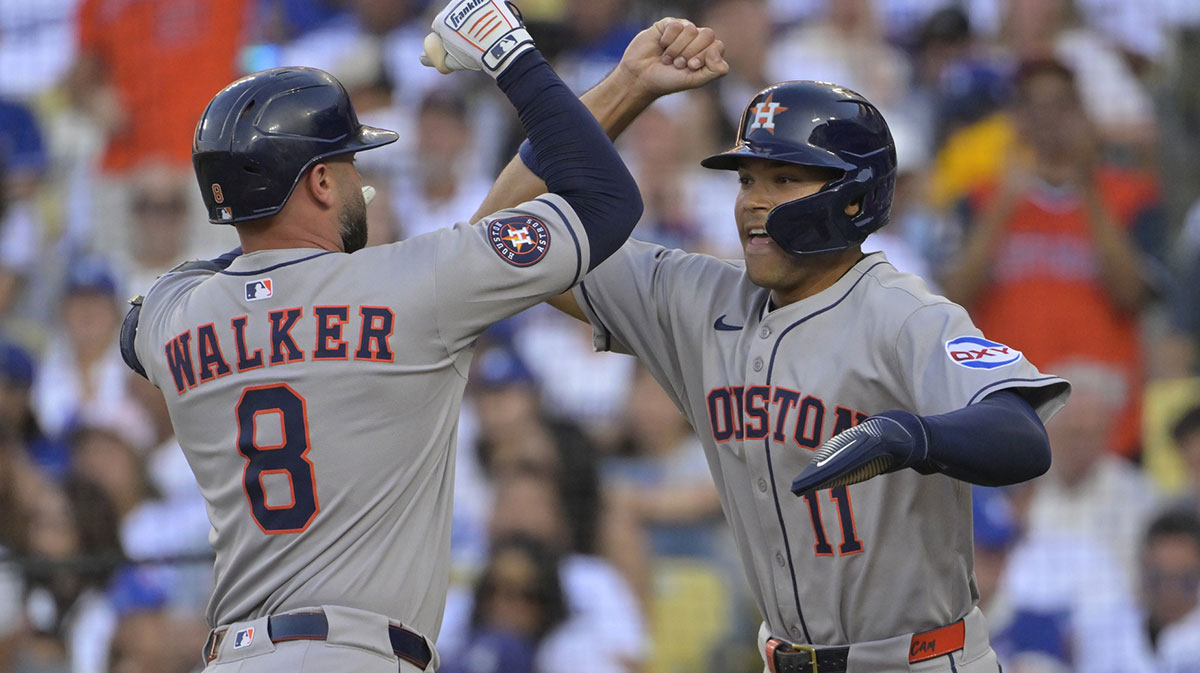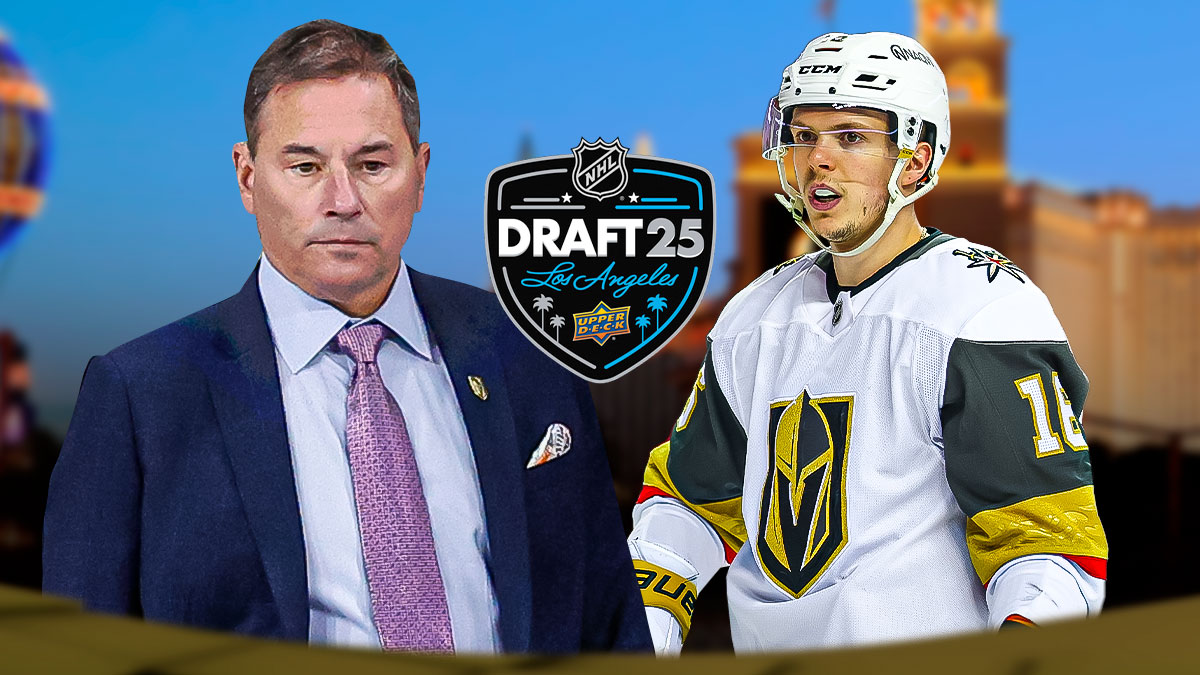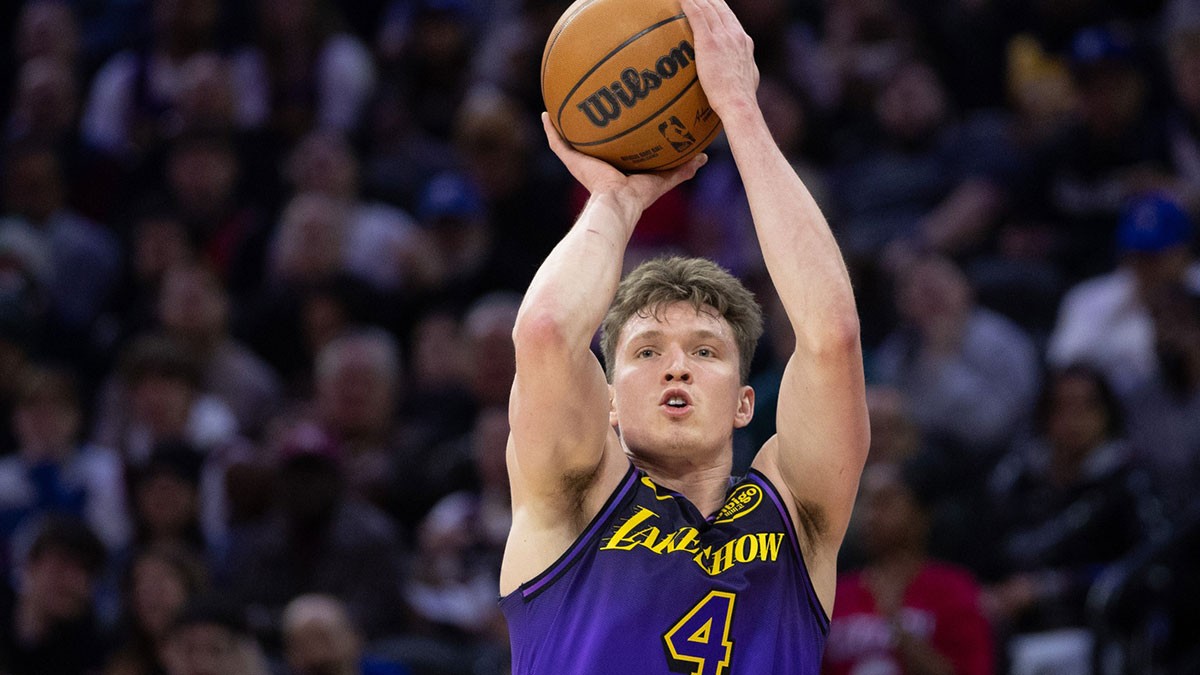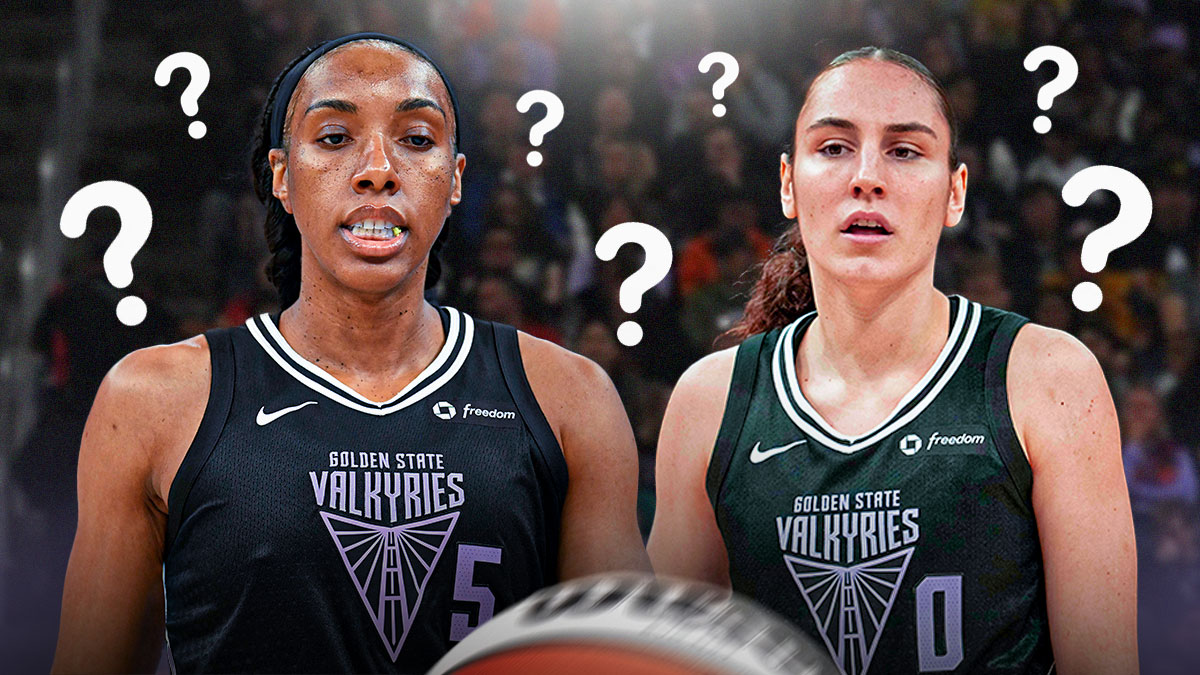Basketball shoes are inherently ingrained in the culture of NBA basketball for players, fans, and corporations alike. They are interlocked each year with releases of new versions of brand sneakers made with various technologies and releasing in more colorways than one could count.
Player-endorsed and sport-specific sneakers generate billions each year, and the trend isn't slowing down anytime soon.
That brings us to Los Angeles Lakers rookie point guard Lonzo Ball who passed up a $15 million dollar shoe deal to release his own Big Baller Brand ZO2 shoe at an exorbitant $495 price tag, which LaVar Ball feels is a fair price.
Lonzo and Lavar Ball have yet to have their dream of a co-branded shoe realized, so they are left to website sales and occasional pop-up shops, which have been surprisingly successful.
Whether or not it was the right choice is not yet known, and the younger Ball will generate millions of dollars in his NBA career regardless of a shoe endorsement. That hasn't stopped industry pundits from analyzing how many ZO2 shoes have sold to date.
According to FormSwift.com researched by the University of Oregon, a 10,000 unit estimate used to calculate how much profit Big Baller Brand has made on the shoe.
Using the profit margin per sneaker research conducted by the University of Oregon, for every pair of ZO2 shoes sold, Big Baller Brand could expect to net 9% of the sales price of $495 as profit. Since Big Baller Brand is a family business run by Lonzo’s father, we treated the total profit of the ZO2 shoe sales, $445,500, as the value of Lonzo’s endorsement deal per year
That would leave Lonzo with a paycheck of around $1,200 a year. While those figures aren't inexplicably accurate, they also don't account for the entire stock of athletic merchandise sold by Big Baller Brand from its inception.
Using the $445,000 as a ballpark figure, it would only take the league's leading rookies with shoe endorsements no more than 108 days to make that amount this season.
Due to the fact that Big Baller Brand is privately-owned, there will be no profit figures made public to know what they're really making, and the earning potential of a successful Lakers point guard could easily raise the value of the brand now and into the future.

